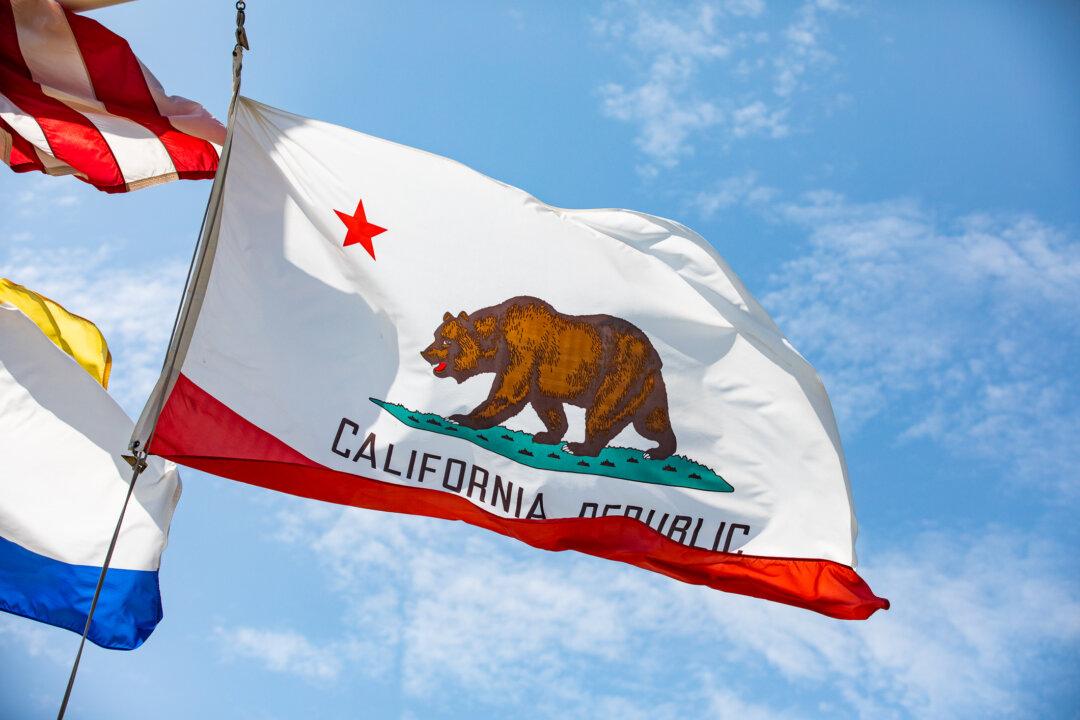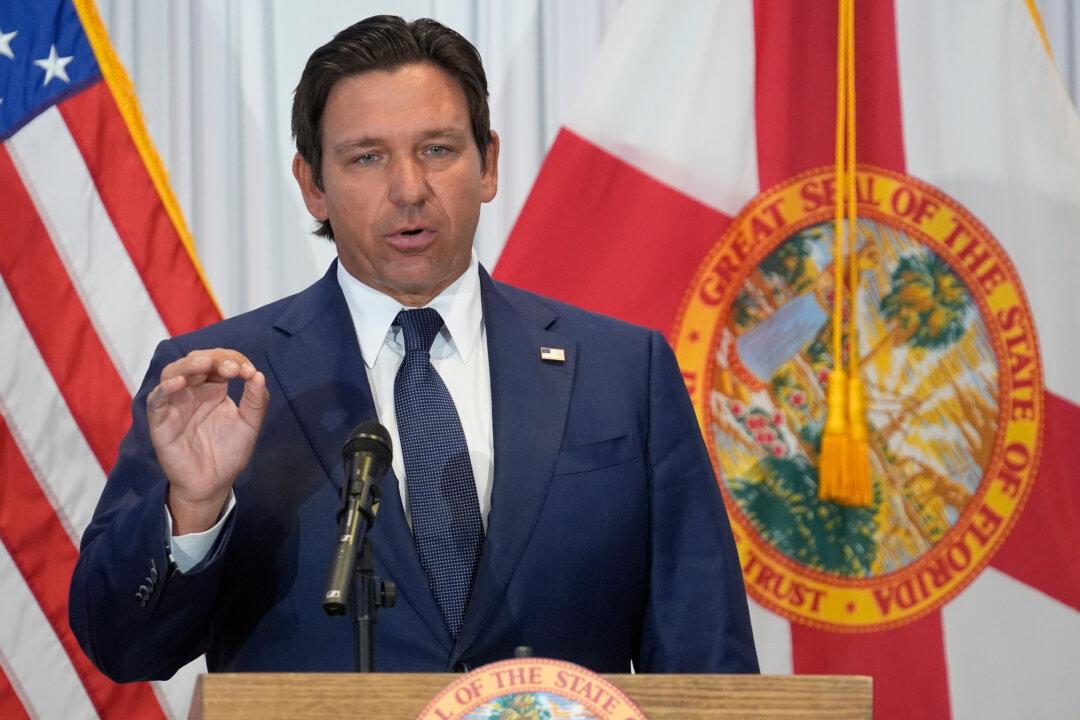Naomi Singh grew up a Wuksachi tribal member in Squaw Valley, a rural unincorporated town in central California. Her roots go back at least four generations.
The valley surrounding her is rich in Native American history and home to many different tribes and native communities. But, a treaty broken nearly two centuries ago has left many of them unrecognized by the federal government and without some of the benefits other tribes receive.





